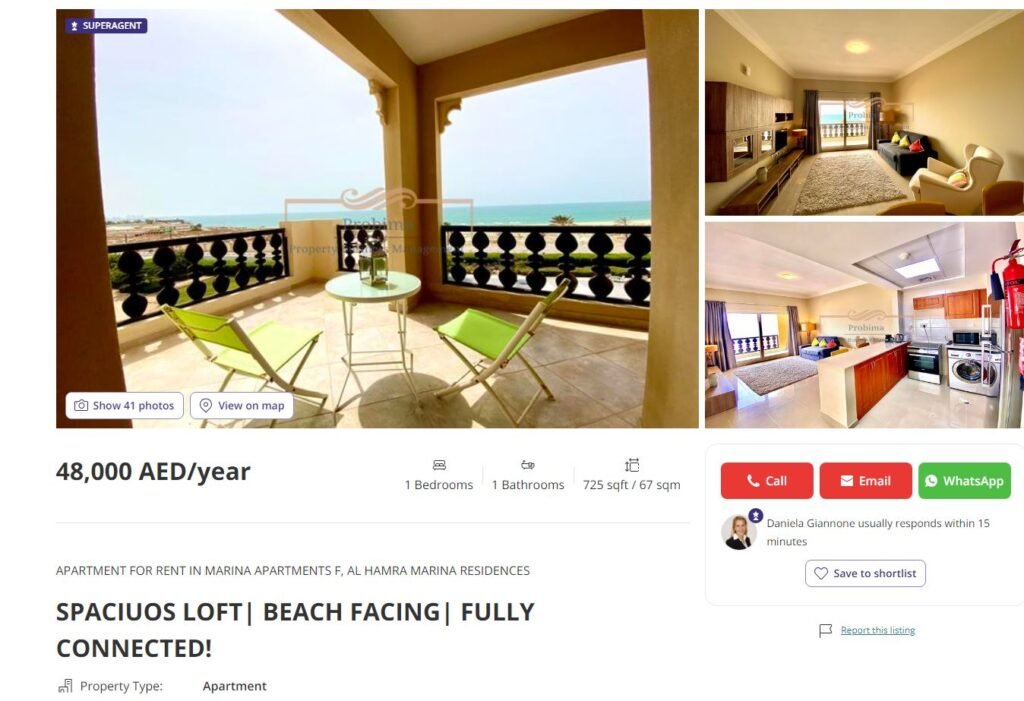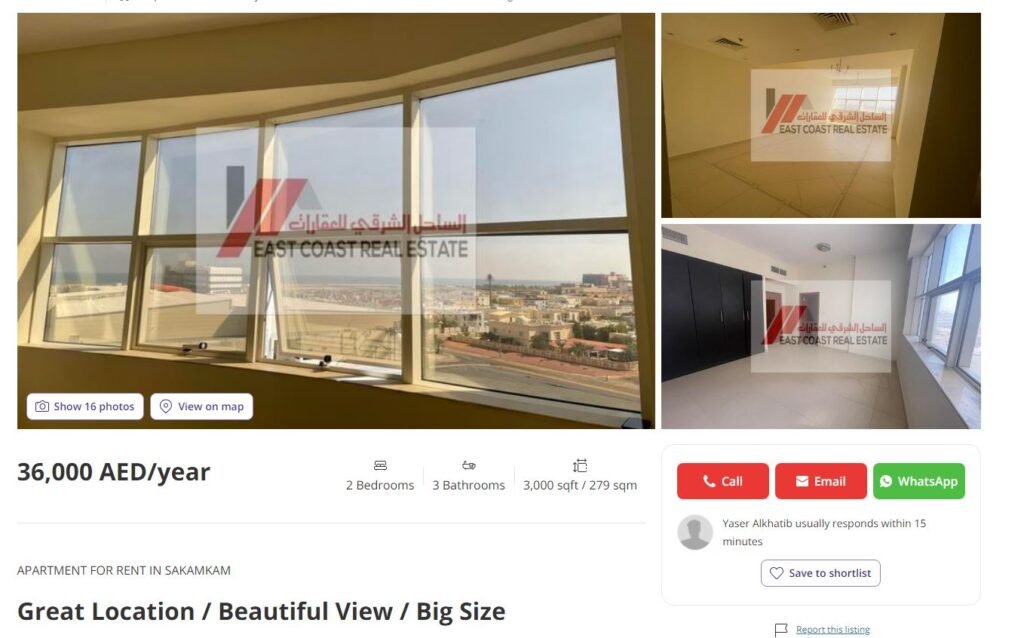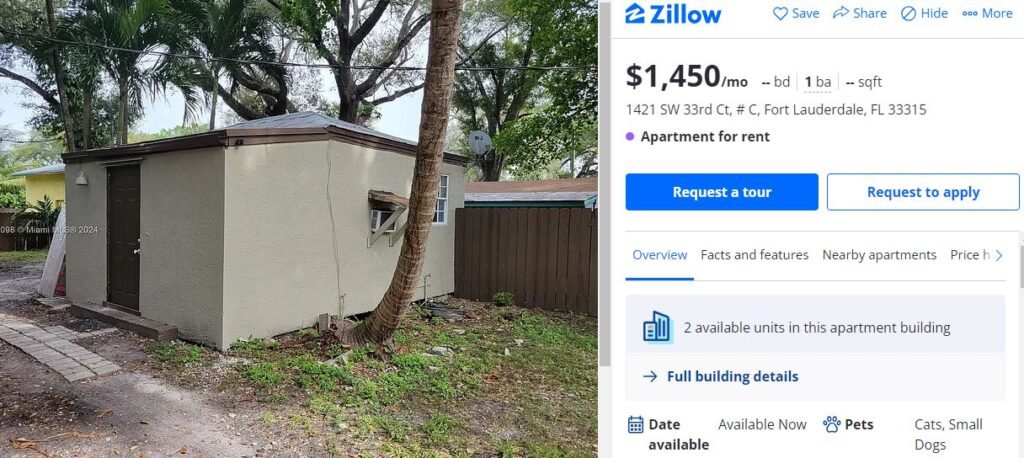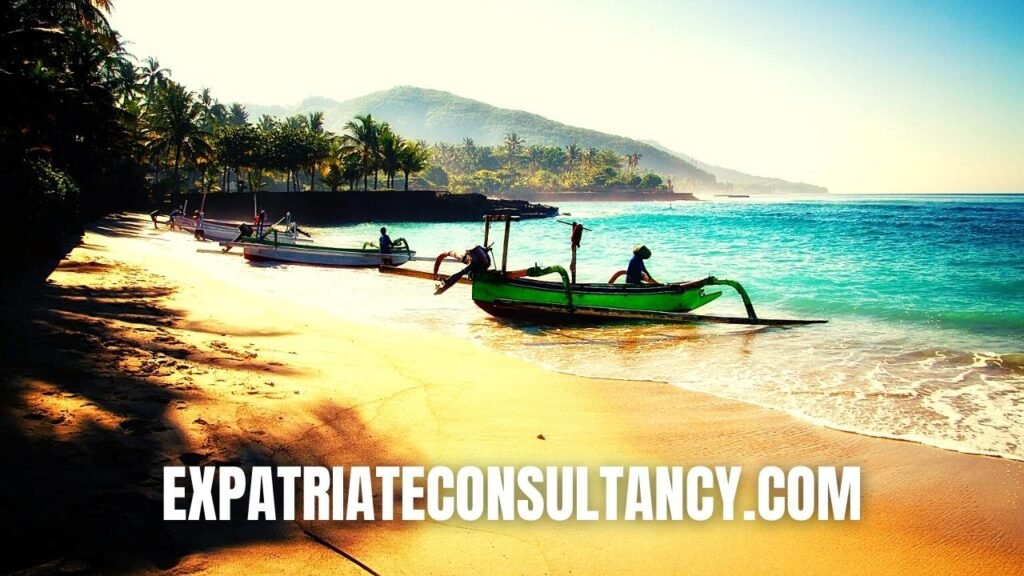The United Arab Emirates, also known as The UAE, might be one of the most polarizing countries when we talk about destinations to live and retire abroad
The Pros of this place are very unique. Some of them are not found nearly anywhere else in the world
But also the negative aspects are extremely unusual.
Today you are going to discover the Pros, the cons, the cost of living, and the best places to retire in the UAE.
Because this country might be a wonderful place, but it is not for everyone, and a lot of what I am going to tell you is not what you expect.
Let’s first start with the Pros of retirement in the United Arab Emirates
And I will start with the most important and obvious one because I respect your time
The Tax Advantages
First of all, the UAE does not impose personal income tax.
You will live TAX FREE.
This means that expatriates living in the UAE retain 100% of their earnings.
And that is not only for retirees, but even people who work normally don’t pay any income tax.
So if you suddenly decide to complement your retirement pension with an extra job, you will still pay
ZERO
TAXES
In contrast, many countries have income tax rates ranging from 20% to 50% of your extra income. That is a huge difference.
Additionally, there is no capital gains tax in the UAE. This is great for expats and retirees who rely on investments for income.
In other countries, capital gains from the sale of stocks, bonds, or property are often taxed.
For instance, the United States taxes long-term capital gains at rates up to 20%. In the UAE, retirees can sell their assets without worrying about tax deductions.
Another good advantage is the absence of wealth taxes. Many countries charge taxes on an individual’s total net worth, including property, investments, and other assets. For example, Spain imposes a wealth tax that can range from 0.2% to 2.5% of an individual’s net assets. In the UAE, there is no such tax.
The UAE also does not have an inheritance tax.
For comparison, in the United Kingdom, inheritance tax can be as high as 40%.
So by now, you know how absurdly good is the UAE from the taxation aspect.
But there are other pros. Safety is one of them.
The homicide rate in the UAE is 0.5. This is comparable to Switzerland and lower than countries like Norway or Iceland.
In the entire country, there are less than 50 homicides per year.
The capital of the UAE, Abu Dhabi, is considered one of the safest capitals in the entire planet.
The country’s strict legal system contributes to its low crime rates. For instance, the UAE has very harsh laws against theft and violent crimes, resulting in a significant deterrent effect.
There is only one situation that might be considered relatively violent there, but I will mention this situation in the cons, in a few minutes.
Private Healthcare and Health Insurance

Another good point of the UAE is the really world-class private hospitals that are in major cities like Dubai, Abu Dhabi, and Sharjah.
Expats and foreign retirees have access to state-of-the-art medical facilities and professionals.
One of the best hospitals in the UAE is the Cleveland Clinic, which is a branch of the famous American institution.
The next positive aspect is also one that made the UAE famous worldwide: Infrastructure.
One of the standout features of the UAE’s infrastructure is its transportation network.
The UAE has invested billions into creating efficient and modern transportation systems. For instance, the Dubai Metro, which began operations in 2009, is the longest fully automated metro network in the world, covering over 75 kilometers.
The UAE’s road network is equally impressive, and it is ranked among the top globally. In fact, a few rankings put the UAE as the country with the best roads on the planet.
Telecommunications infrastructure in the UAE is also top-notch.
The country boasts one of the highest internet penetration rates in the world, with over 99% of the population having access to high-speed internet.

However, the jewels of the UAE’s infrastructure are its airports.
Dubai International Airport (DXB) is one of the largest airports in the world by ALL metrics.
It handles almost 90 million passengers per year and offers direct flights to more than 240 destinations across six continents,
This is a great advantage for expats, and I tell that from my own experience of more than 10 years living abroad.
It is good, very good, to be only a direct flight distant from home.
But the DXB is not the only airport in the UAE.
Abu Dhabi International Airport (AUH) is another major hub in the UAE. In 2019, it served around 23 million passengers. The airport is undergoing significant expansion, with the new Midfield Terminal expected to increase its capacity to 45 million passengers annually.
And there is a third large airport, the Sharjah International Airport (SHJ) is known for its efficiency and growing passenger numbers. Do you know what is really good about this airport? It has a lot of cheap flights departing from there. This is because Sharjah serves as a hub for Air Arabia, a popular low-cost carrier. From Sharjah, you can hop on a plane for a weekend in Europe, and it will cost you little.

There are many other advantages and pros of the UAE, like the incredible assortment of entertainment, availability of goods and products from all over the world, and the simple criteria to obtain their retirement visa. But about the retirement visa, we will talk later.
Now it is time to talk about…
The CONS, the negative sides, of living and retiring in the United Arab Emirates.
We start with the one that most people fear the most: the cultural aspects.
The UAE is a predominantly Muslim country with specific customs and laws that may differ significantly from what we are used to in Western countries.
For instance, alcohol consumption is relatively regulated, and public behavior must adhere to local norms.
However, some people confuse the United Arab Emirates with Qatar or even Saudi Arabia, which are more strict Islamic countries. Many expats prefer to retire in Dubai due to its more relaxed lifestyle. Many expats prefer to retire in Dubai due to its more relaxed lifestyle.
I lived in Doha, Qatar, and in comparison, the UAE has far less strict rules in many aspects, like nightlife, entertainment, or clothing at the beach, making it an attractive option to live in Dubai.
In fact, many people from Doha travel to Dubai during weekends to have fun there, and that says a lot about how more relaxed is the UAE.
I think that the biggest shock for most expats is the month of Ramadan, when more strict rules are enforced.
Another point is the cost of living.
Cities like Dubai and Abu Dhabi ARE EXPENSIVE.
Maybe not as expensive as New York, San Francisco, or London, but they are far from being considered cheap.
This is because a lot of wealthy people are moving to Dubai because there are no taxes.
Still, if you think about retirement in the UAE, you don’t need to live necessarily in Dubai or Abu Dhabi.
Soon I will show you two alternatives, two cities in the UAE, that are WAY cheaper to live in and have a high standard of life.
Since we are talking about the cons, there is one characteristic of this country that for some might be negative, but for others is positive.
It is the absence of a social safety net.
The Emiratis have a very hands-off government.
In the same way that they don’t expect you to pay income tax, wealth tax, or capital gains taxes, you should not expect “free” stuff from the government there.
And “free” here I put between quotes because I am not talking about free things, but rather things that are financed by taxes.
Do not expect the government to take care of you there. They will provide security and infrastructure for expats to use, but for things like healthcare, well, that is on you.
The UAE’s climate is another significant drawback. The country experiences extreme heat, particularly during the summer months, when temperatures can soar above 45°C (113°F).
Here is a curiosity: Once I went to the beach in the Arabic Gulf during summer. I thought it would be refreshing, but the water was so hot that was actually annoying. So the summer is NOT a beach season there. It is just TOO hot, believe me.
Remember when I said that the UAE is very safe, except in one place? Yes, these places are the roads. Roads there are quite dangerous in terms of accidents, specially when compared with the west. So watch out if you need to drive around.
The last point is…
The UAE Retirement Visa
This might be a pro or a con depending on your financial condition.
The UAE has very clear and straightforward requirements for issuing a retirement visa.
You must either have worked 15 years or more (it can be outside the UAE)
OR be at 55 years old.
So if you are only 40, but started to work when you were 25, you are ok.
The other requirement is to own a property in the UAE with a value above 1 million AED.
OR have financial savings in an Emirati bank of at least 1 million AED
OR (and this is the best one) has a monthly income of at least 20,000 AED. This means something around 5500 dollars. In Dubai, the minimum income required is even lower, only 15000 AED, which is only 4000 US dollars.
If you meet any of these 3 requirements, you can apply for a UAE retirement visa.
And do you know the best part? The visa is valid for 5 years! If you live abroad like me, probably you know that many countries (especially in Europe) force you to renew your visa every single year, and that is quite a hassle. However, a retirement visa in Dubai offers more stability. And of course, once the 5 years pass, you can renew it.
Now that you know all the pros and cons of living and retiring in the UAE,
Remember when I said that there are cities there that are WAY cheaper than Abu Dhabi and Dubai, but where you can still live with a high quality of life and world-class infrastructure?
You will discover their names now!

The Best Places to Retire in the UAE (NOT Dubai)
The first of the two cities that you might to take a look at instead of Dubai and Abu Dhabi is…
Ras Al Khaimah, also known as RAK.
Compared to Dubai or Abu Dhabi, both cities with more than 3.5 million residents, Ras Al Khaimah is relatively small but could be a more tranquil place to consider if you prefer a quieter retirement program. It has only 191 thousand residents.
And that is one of the things that makes this city, located around 120 km from Dubai, so attractive.
It is way more laidback and relaxed than Dubai, with a much slower pace of living, and less noise and traffic.
This city also has some splendid beaches. In fact, many people from other cities go there for weekend breaks.
One expat told us that RAK is like the countryside of the UAE, where there is also a downtown for most of your needs.
And while the United Arab Emirates is already a very safe country, RAK is literally the safest emirate in UAE.
But, by far, the biggest advantage of all is the much lower cost of living when compared to Abu Dhabi or Dubai.
The average rent for a one-bedroom apartment in RAK is around AED 25,000 per year, while the same would cost around AED 60,000 in Dubai and AED 70,000 in Abu Dhabi .
This is what you get in RAK for 48000 AED per year

That is less than 13100 dollars per year,
We are talking about less than 1100 dollars per month for an apartment with a large balcony with a sea view, and a few meters from the beach!
Additionally, other living expenses, including groceries, dining, and utilities, are generally more affordable in RAK,
There are some negative sides of Ras Al Khaimah when compared to Dubai, and the most striking one, according to residents, is that the public transport there is not that well-developed. Also, since it is a smaller city, social life might take quite a bit of effort to put together. One person told us that RAK is so relaxed and tranquil that it might even feel… dull.
The second city is also relatively small, but probably even more famous than RAK, since locals and expats from all over the UAE love to go to the beach there.
It is Fujairah.
This is a city with 120 thousand residents located on the east coast of the county, facing the Indian Ocean.
For this reason, the city has a cooler climate compared to other parts of the UAE, making it a preferred retreat during the hot summer months.
The city has well-maintained roads, efficient healthcare facilities, and good educational institutions.
The construction of the Sheikh Khalifa Highway has significantly improved connectivity with Dubai, reducing travel times.
That is how a local compared Dubai and Fujairah:
“Dubai has a Fast-paced life. Fujairah is a laid-back town
Dubai has Traffic. Fujairah has no traffic (except during rush hours like early morning)
Dubai has parking fees. Fujairah has no parking fees (except in some areas)
Dubai has bus/taxi/metro transport. In Fujairah, only taxis or buy a car.
Dubai has expensive flats. Fujairah has affordable flats and villas
Dubai has a party life. Fujairah has beach life/ outdoors/ hiking on trails/ fishing, etc.”
Does it sound enticing to you? So wait until you see how MUCH MORE AFFORDABLE Fujairah is compared to Dubai.
For 36000 AED per year, which is the same as 9800 US dollars per year, you can get a large apartment with a sea view.

9800 US dollars per year… meaning 820 dollars per month, for an apartment with 279 square meters – 3000 feet!
Do you know what you get for 820 dollars in Fort Lauderdale, Florida?
Nothing!
In fact, the cheapest place I found there is this little shed for 1450 dollars.

So would you rather live here, paying $820, or here, paying $1450? Tell me in the comment section! The funniest answer gets a mention in my next video!
Now, if you prefer to move to somewhere in Europe, check our article about the 5 best and cheapest places to retire in Eastern Europe. You will be truly amazed by some of the places we mentioned.
Levi Borba is the founder of expatriateconsultancy.com, creator of the channel The Expat, and best-selling author.. You can find him on X here.




